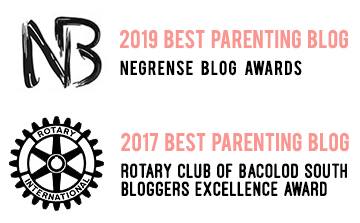Mommy, Why Is He Like That?

Questions about the child’s condition, even when carelessly phrased, are still more acceptable than whispering, pointing, laughing, staring, and, inversely, looking away.
How to deal with your children’s questions when they see people who are differently abled or have special needs.
1. Explain the condition
The worst thing parents can do is keep silent, abruptly change the topic, or shush their children as if the topic were too taboo for discussion.
2. Don’t be dismissive
Don’t be dismissive with your answer by glossing over it, but keep it straightforward and simple. Bombarding your children with too many details in one go may confuse or overwhelm them.
3. You’re allowed creative license
For very young children who may not understand basic genetic concepts, you can get a little more creative. In the web article “Helping Kids Understand and Appreciate Differences” (by Emily Gorovsky), Michelle Burd shares how she answers a young tot’s question about her baby girl’s hemangioma (a painless cluster of dilated blood cells forming a raised skin lesion at the side of her daughter’s head): “I tell them an angel gave her a really big kiss.”
4. Ask the parents
Refrain from using the phrases “what’s wrong” or “what happened.” Tell them you are trying to accurately explain their child’s condition to your own kid in a way that she can understand. Parents of children with special needs are natural advocates against misinformation about their child’s unique condition, and will usually appreciate that you asked for their help.
5. Highlight the rest of the child’s abilities and capabilities
For example, you can say about someone who is blind, “You know, they have very special books and can read just by feeling the pages. Imagine, they can read even in the dark! I think that’s cool.” This way, you establish that a disability in a certain area does not monopolize a bevy of other skills and capabilities. Or say, “Wow, I bet he could play through four straight soccer half-times!” to laud the advantages of the excess energy in a child with AD/HD.





